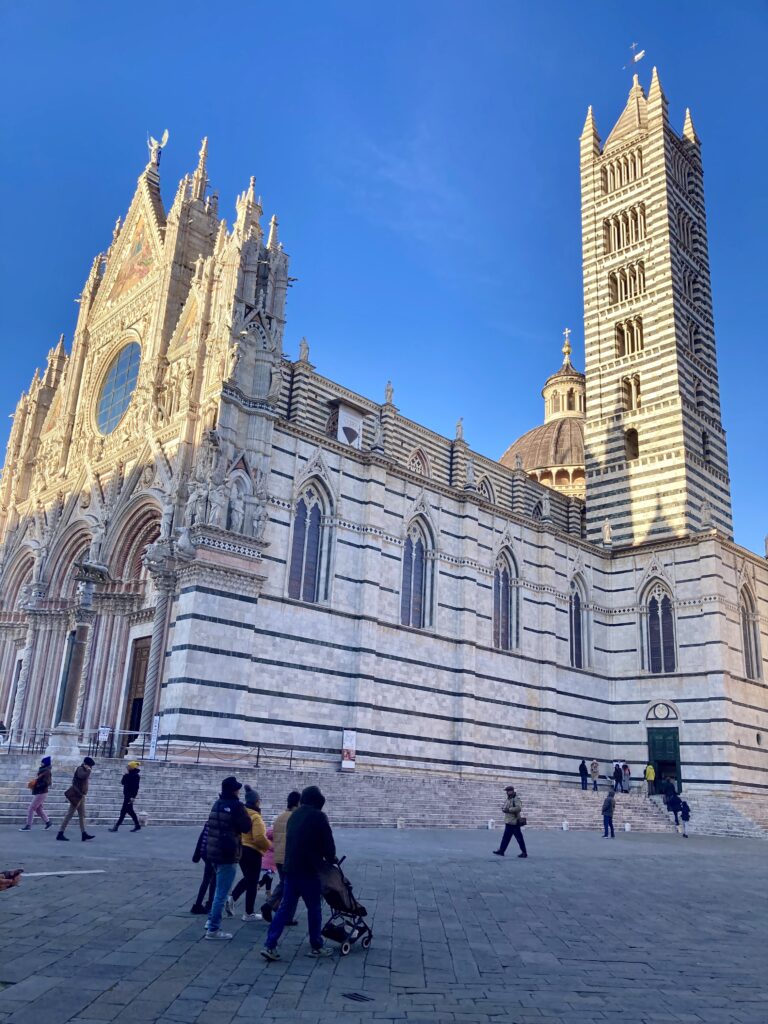From Miniatur Wunderland Hamburg, a travel to Rio de Janeiro.
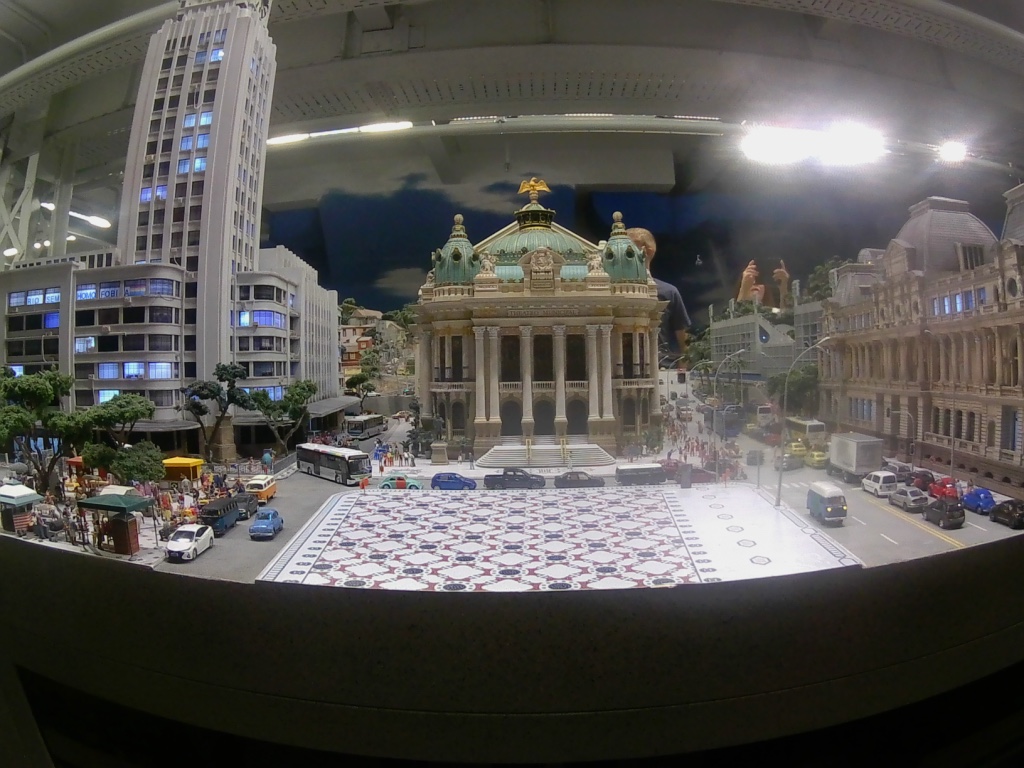
Do you need a ip on where to travel? How to get there? When to go? Check it out here because we have all the information to make that special place and bit more special.
From Miniatur Wunderland Hamburg, a travel to Rio de Janeiro.


Erfurt Thuringia is a picturesque city located three hours by car from Berlin. With over 200,000 people, the state capital straddles the Gera River. With many historical sites, this quiet destination is a perfect staycation for visitors looking for a Springtime getaway away from the bustle of Germany’s main metropolis.
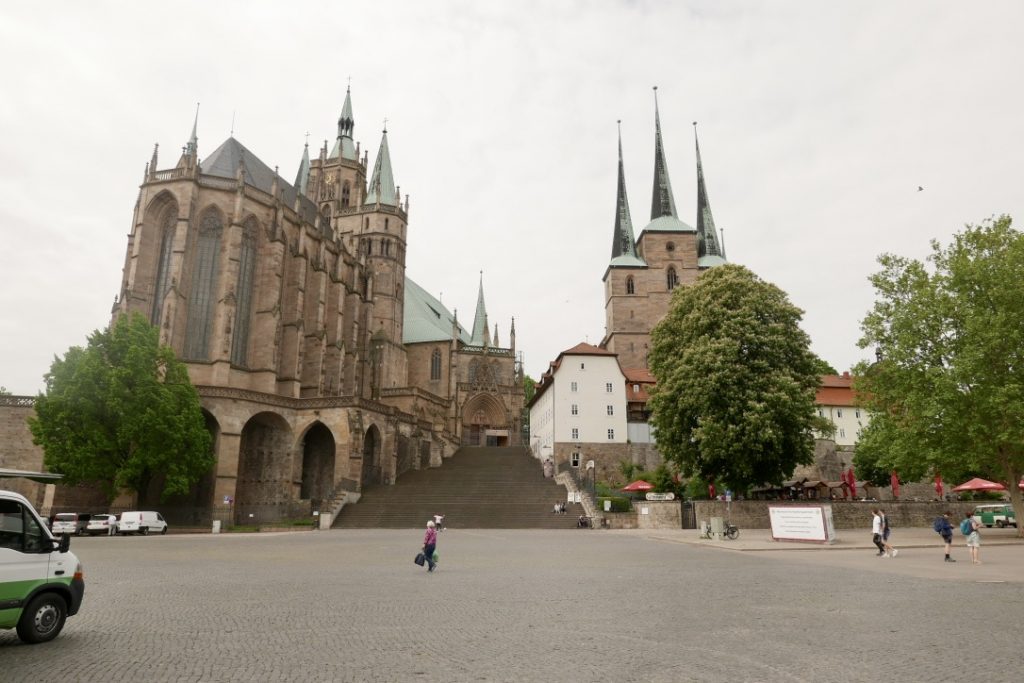
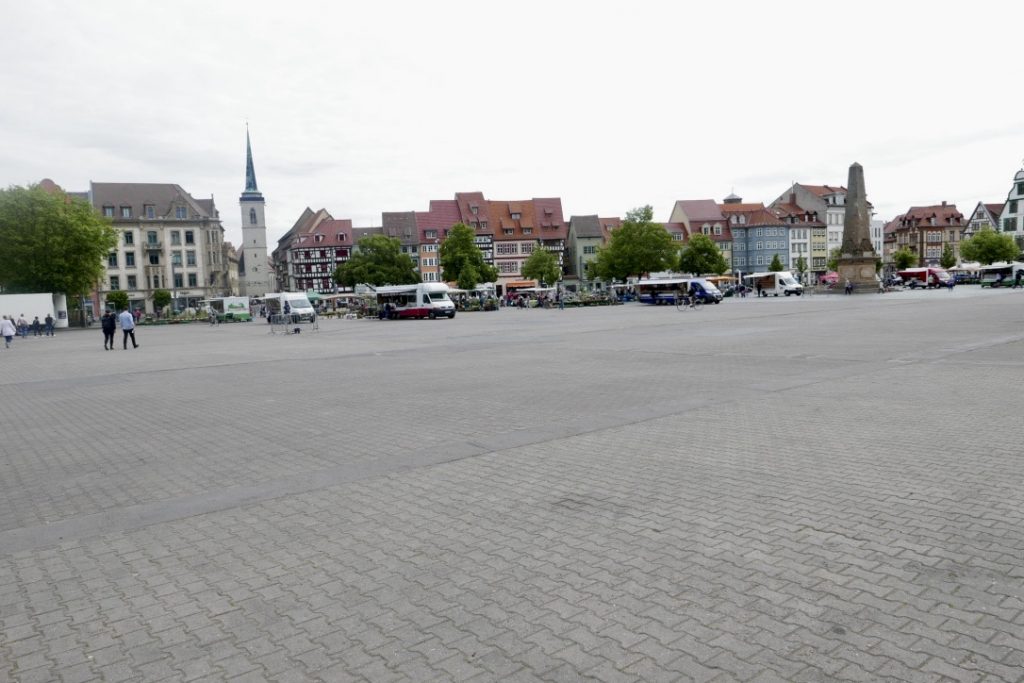
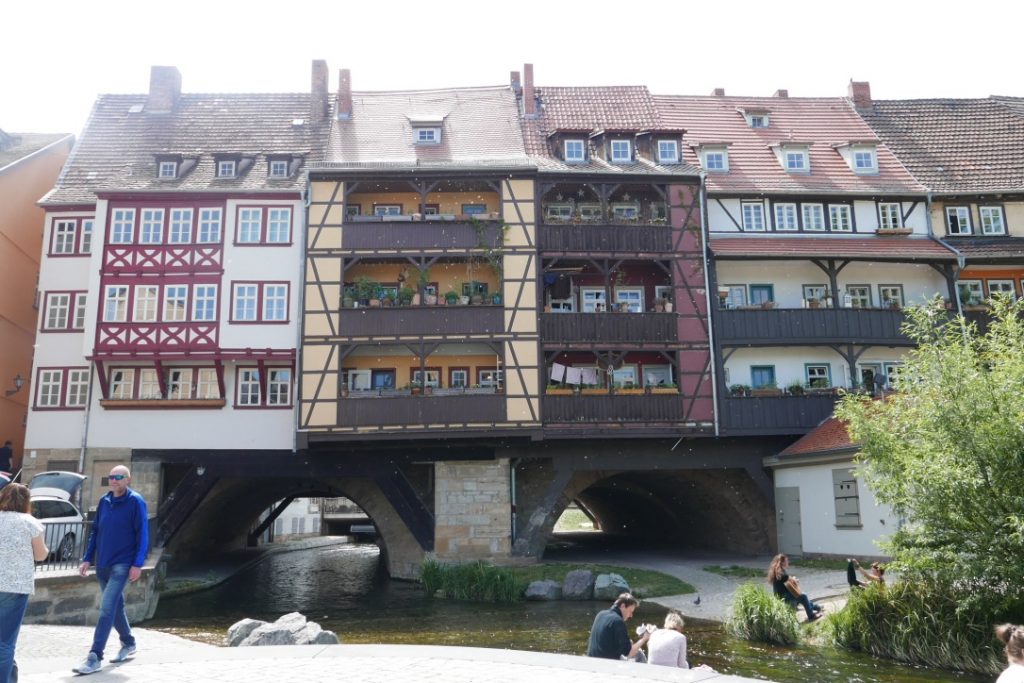
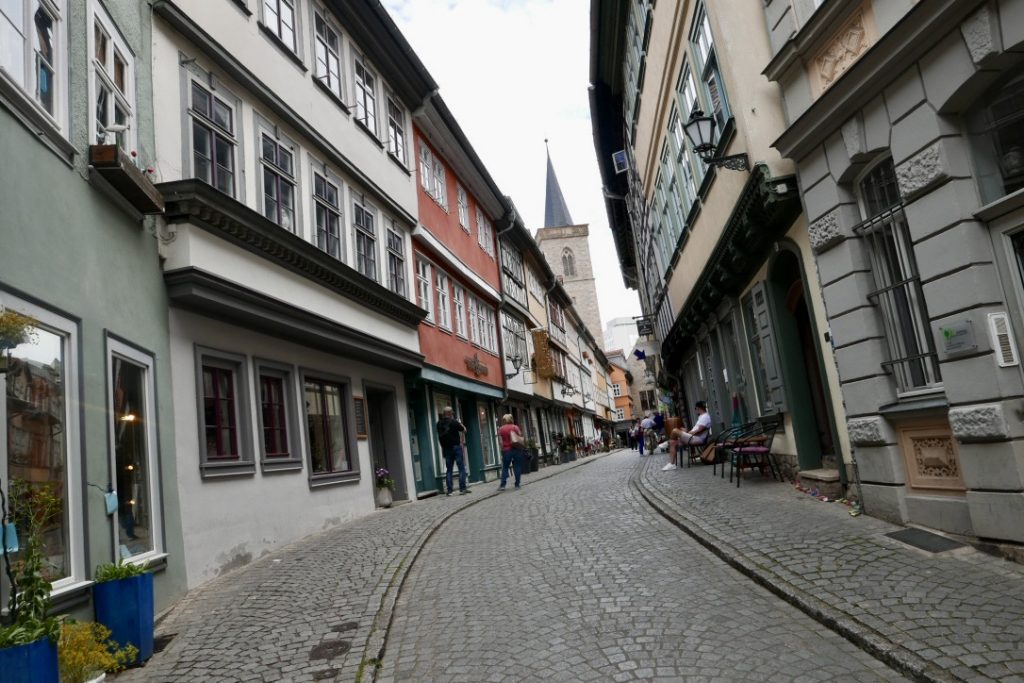
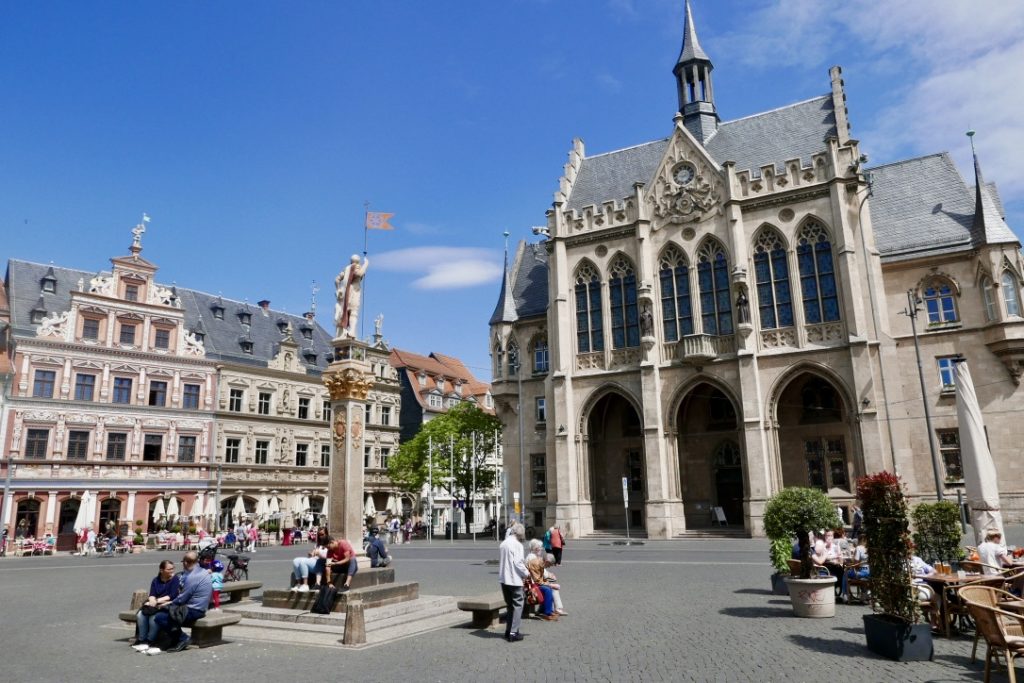


Fine wine and cuisine are part of the charm of Salento. During the ITB Berlin, the region held a press conference on why visitors should come to the less traveled part of Italy. Certainly it will be worth the journey for a nice beach and a glass.

Stay tuned for more podcasts on the region from officials.

The 2024 film version of Nosferatu has placed the Northern German municipality of Wismar, population 44,000, on the radar. The former Hanseatic League city with a Gothic Quarter, narrow cobblestone streets, towering cathedrals and shaded sky feels like a place where a vampire would reside.
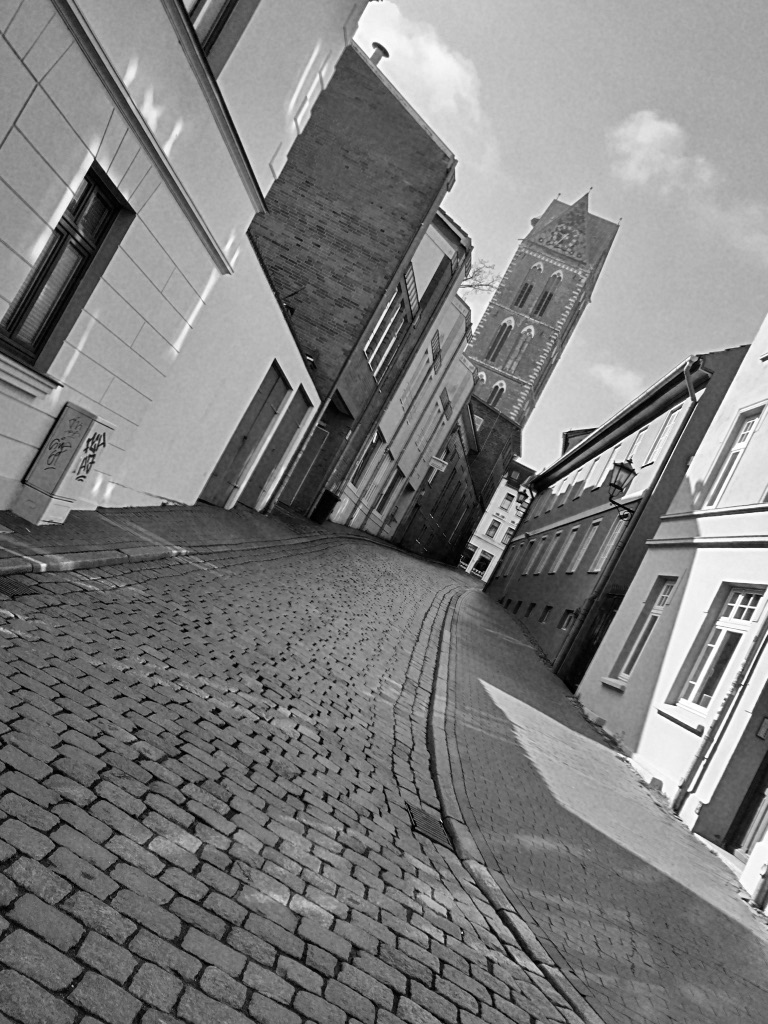


Wismar is located on the Baltic Coast, a two and half hour drive from Berlin.

This time of year Usedom beckons. The German seacoast may lack sun in March but the quiet beaches, low-key atmosphere generate the perfect climate for a mental health staycation recharge. Unlike the famous Riveria with its over the top bling, the Baltic Coast gathers its elegance through a quiet charm. A long walk on the beach, marvel at the architecture or have a big plate of seafood, enjoy.
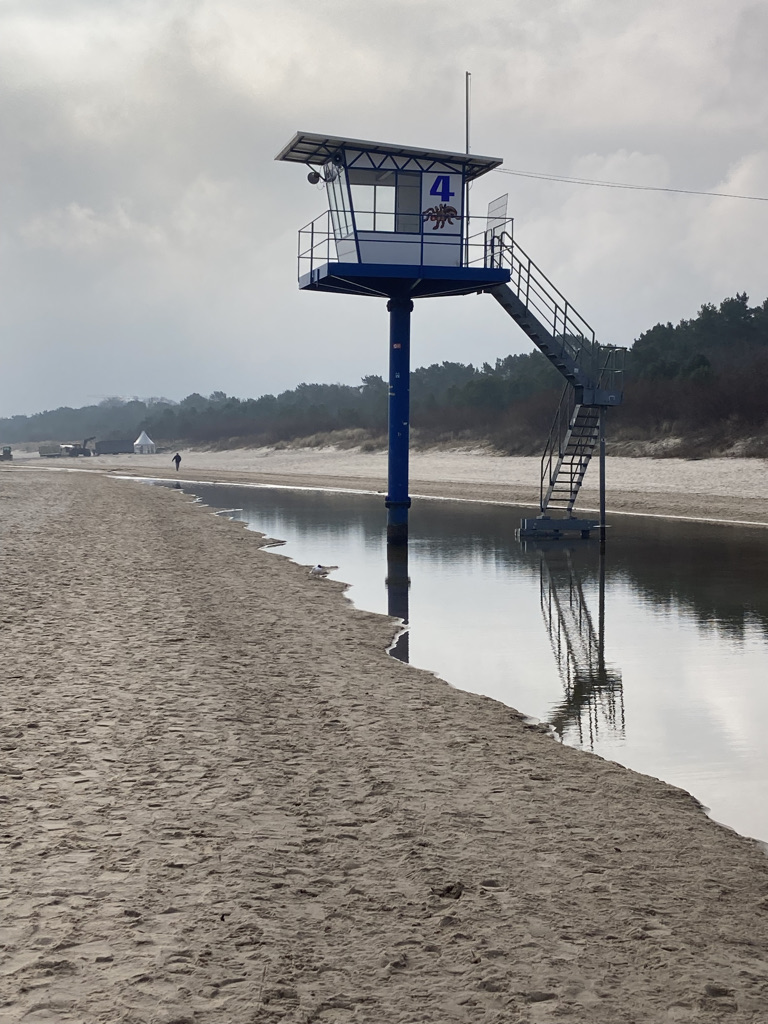
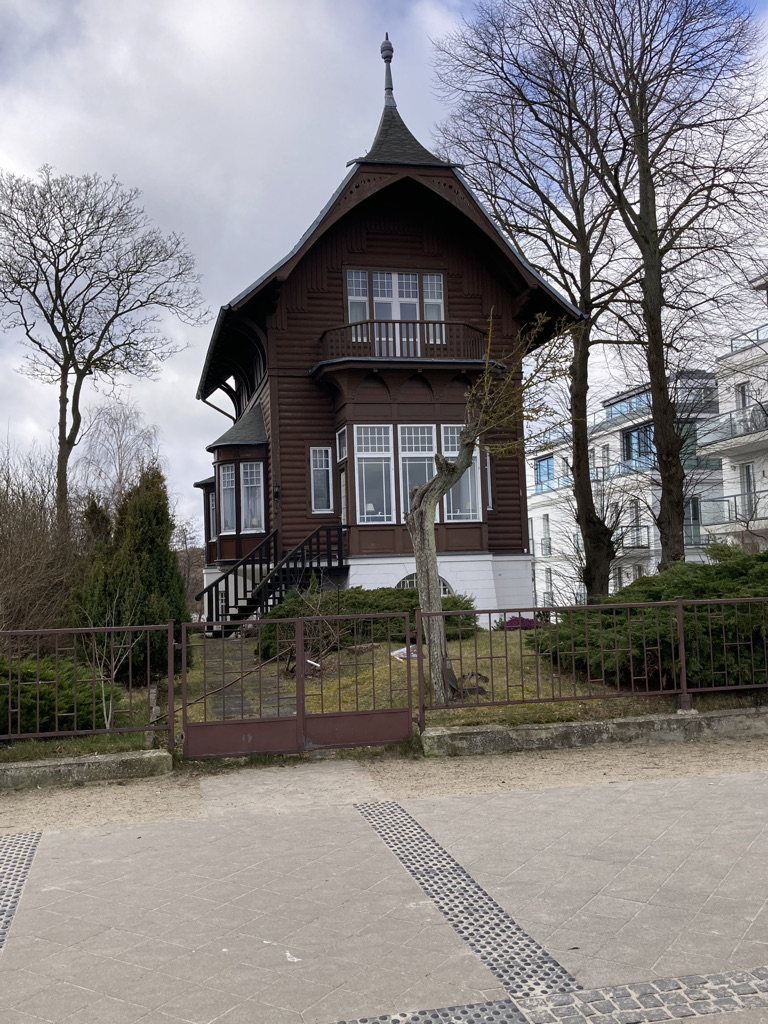
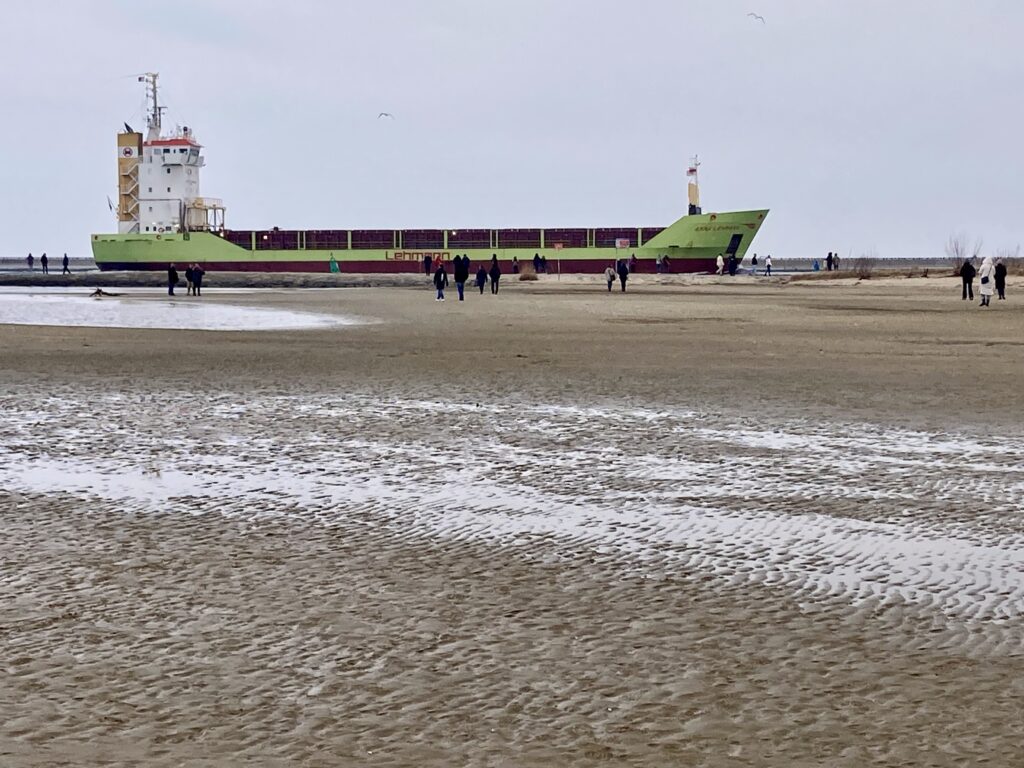
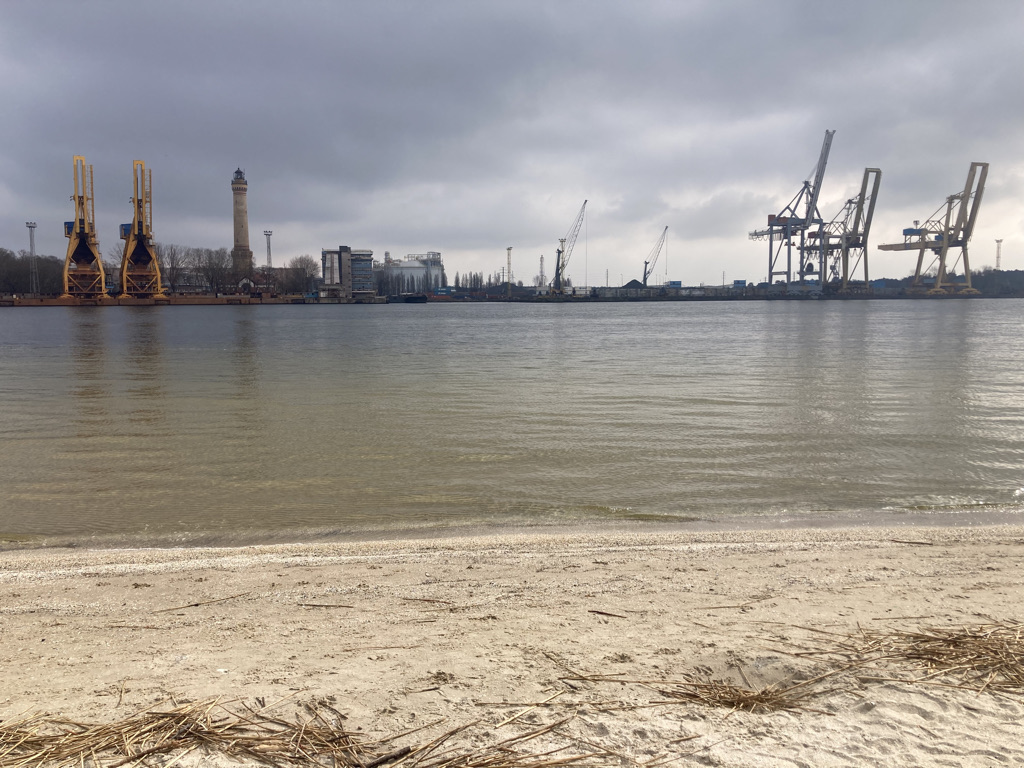
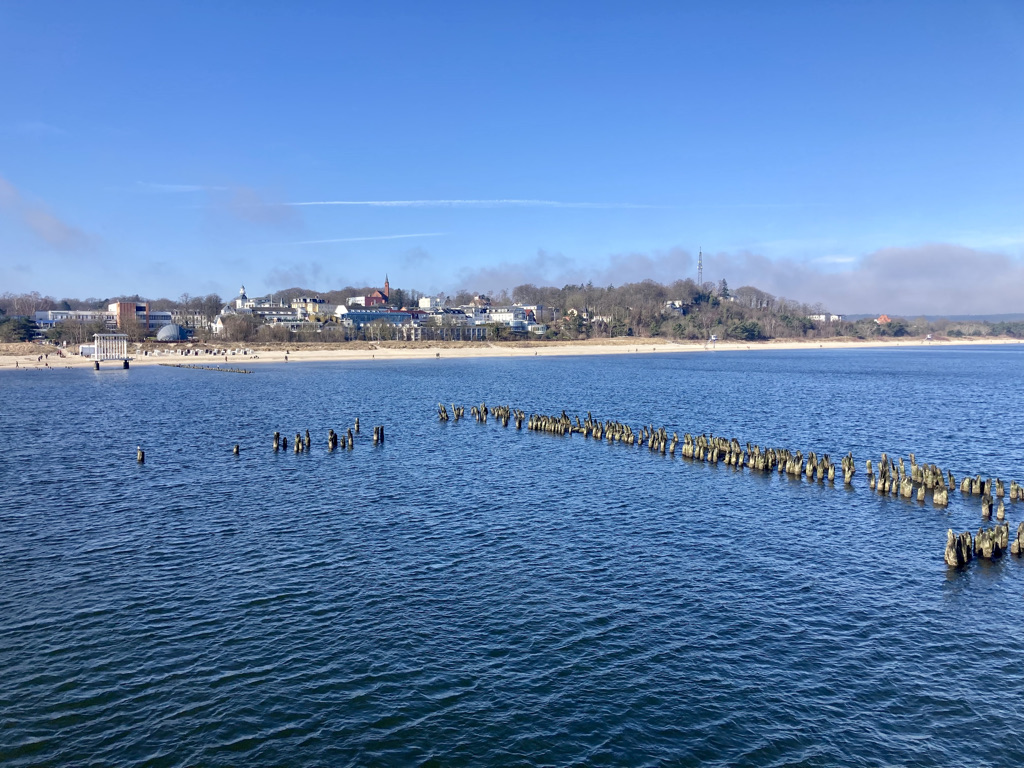
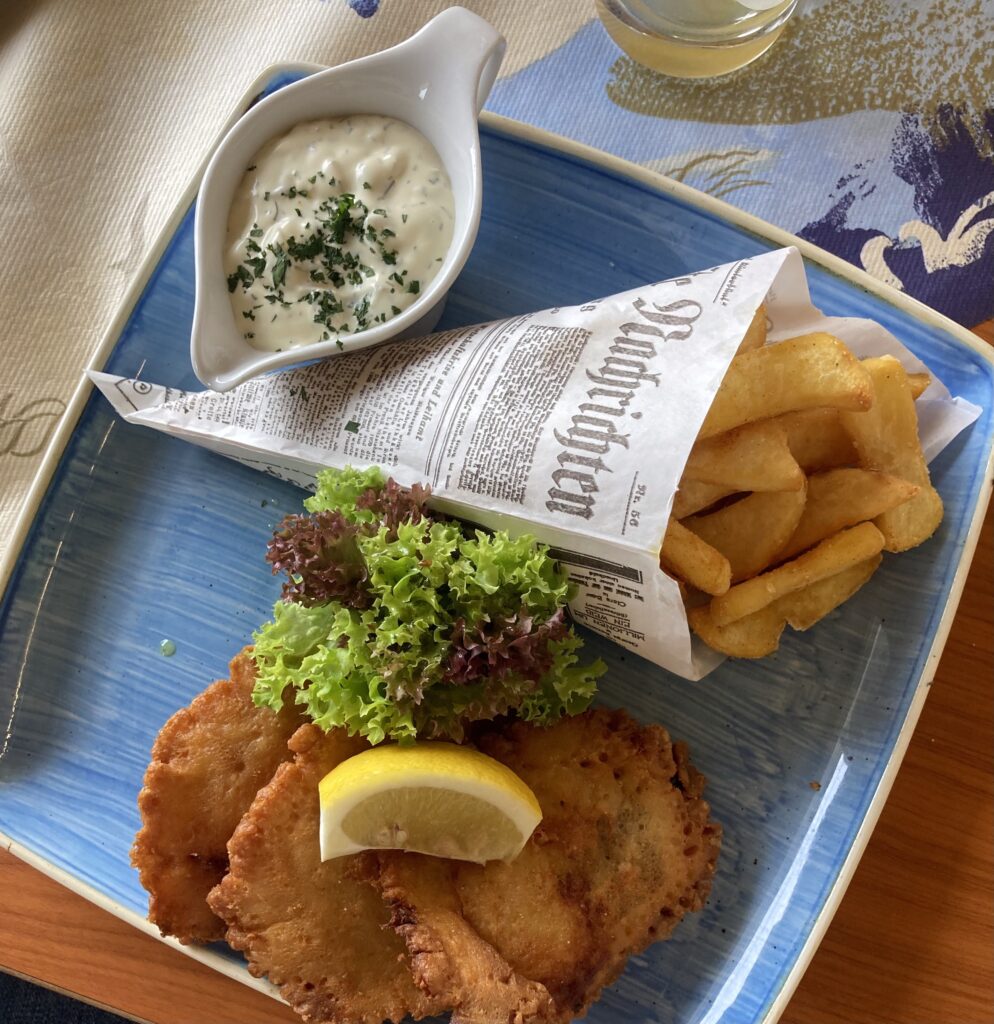
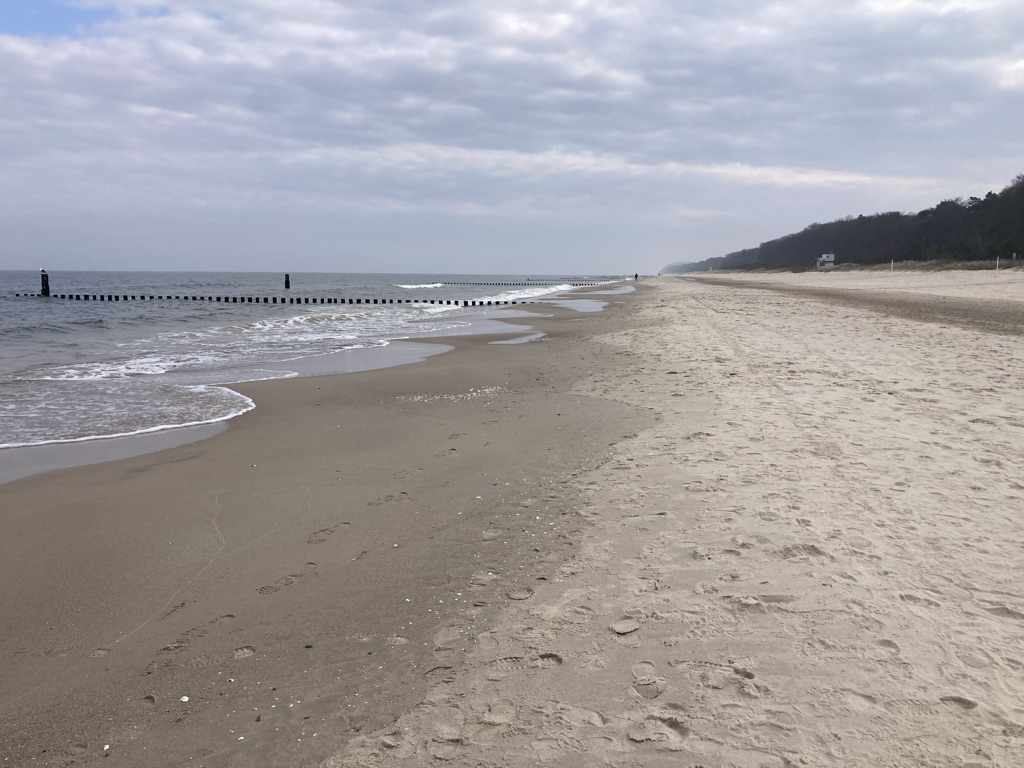
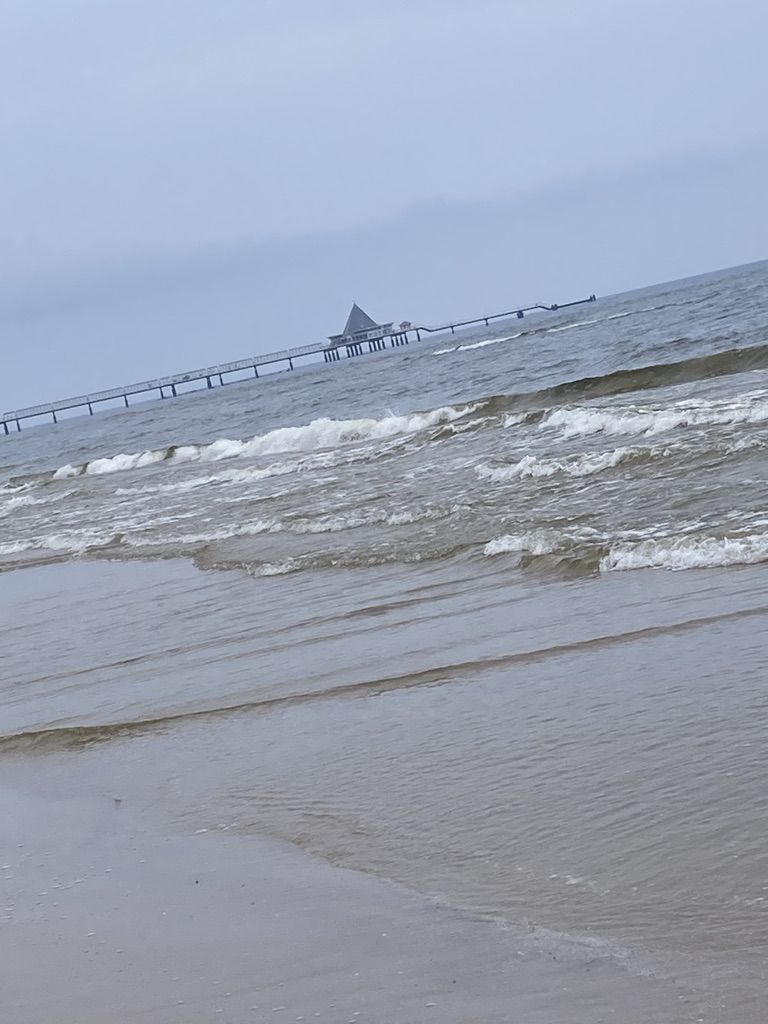
Brave New Technologies at the ITB Berlin The long-running success of ITB is the potentiality and excitement of travelling. However, for travel companies client retention and expansion is now more competitive than ever. Much of this is in innovation and trend setting. In recent years technology has become rapidly foregrounded in the travel experience.
At the opening press conference of this year’s ITB Berlin such technological matters were evaluated. In particular, Mitra Sorrels, SVP Content of Phocuswright, had poignant opinions. Sorrels is currently preoccupied with current industry data, development and trends. This includes the role of generative AI and social media in global and European markets.
The global travel industry is undergoing a rapid transformation. This is driven by technological advancements, sustainability initiatives, and shifting consumer behaviors. From AI-driven personalization to responsible tourism and infrastructure investments, key trends are shaping tourism’s future.
Travel trends are evolving to meet the growing demand for personalized, efficient, and sustainable experiences. The rise of remote work and digital nomadism has led to an increased demand for long-term stays. Luxury and experiential travel is redefining exclusivity with immersive cultural and adventure-based experiences. Sustainability is becoming a priority, with travelers opting for green travel initiatives. This includes eco-friendly accommodation; carbon offset programs, and regenerative tourism.
Meanwhile, AI is revolutionizing the industry by enhancing efficiency and personalization. AI-powered chatbots, virtual assistants, and predictive analytics enable seamless trip planning. The now ubiquitous facial recognition and biometric security improve airport efficiency. Responsible travel is also gaining momentum as businesses implement eco-conscious practices. This includes sustainable aviation fuel (SAF) and AI-driven optimization of flight routes to reduce emissions.
Tourism has become highly digitalized. Mobile apps, blockchain-based travel solutions, and contactless technologies have improved efficiency. Generative AI is transforming content creation, enabling travel companies to enhance marketing strategies. AI-driven virtual tours and real-time recommendations are further enhancing the travel experience.
The future of global travel will be shaped by AI, sustainability, and digital innovation. Businesses that embrace these changes will drive the industry forward, offering seamless, eco-conscious, and highly personalized travel experiences.
~ By Steven Yates
ITB Berlin (Internationale Tourismus-Börse Berlin) has since 1966 been a leading global travel trade fair. It takes place annually in March in Berlin West and is organized by Messe Berlin GmbH. For nearly sixty years, up to 180 countries have presented their offers at ITB. These have also included focused cities and regions, tour operators, booking portals and hotels.
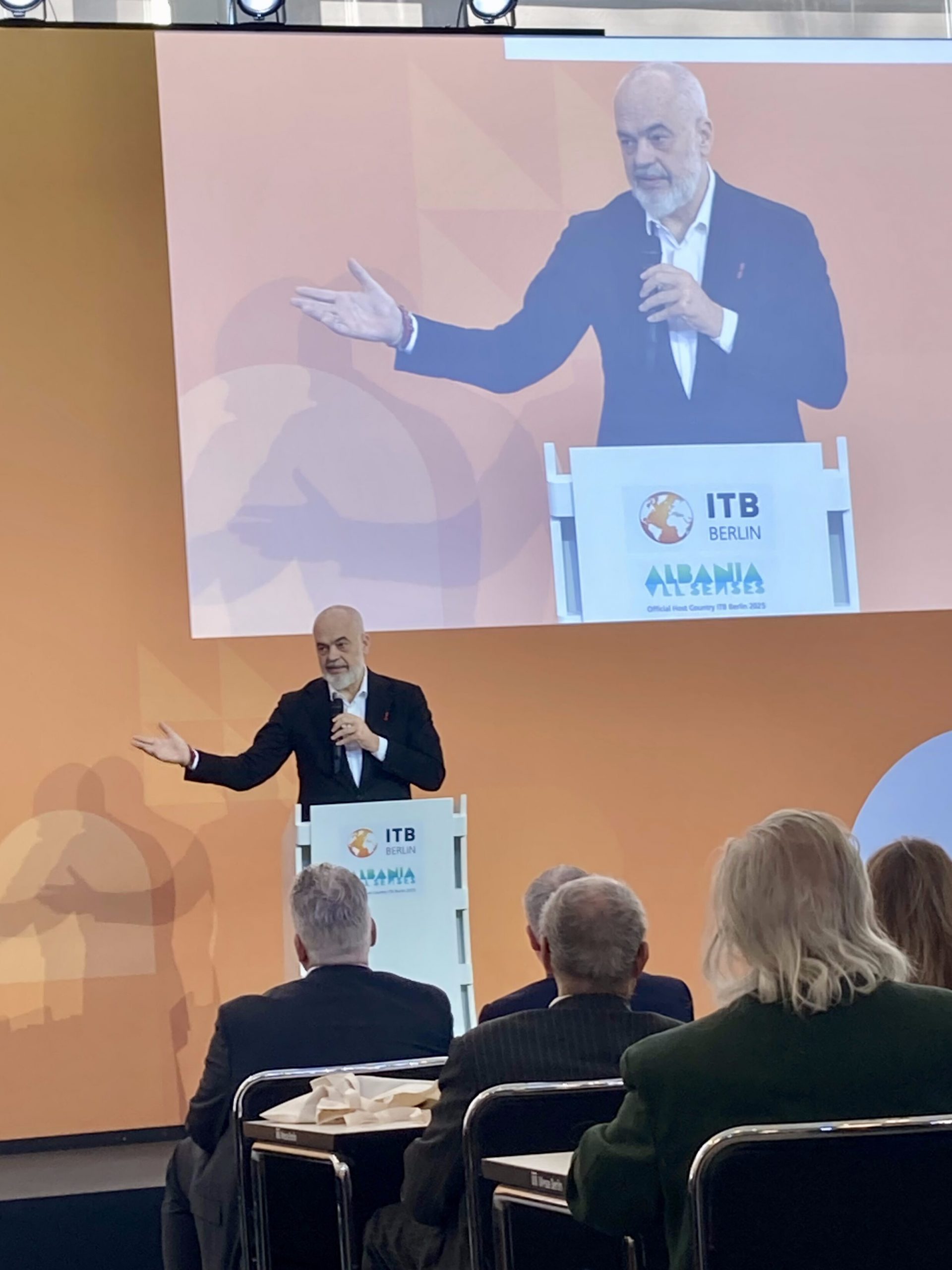
Every year ITB chooses a new partner country or region. The respective partner country hosts a program of events including the grand opening ceremony. Last year it was Oman and this year it was the turn of Albania. At the opening press conference, Edi Rama, the Prime Minister of Albania, was also present. With dry humor, he fielded questions from the audience as well as online. As ITB host, Albania wants to promote its Alps, Adriatic beaches and historical sites.
The three-day event from 4th-6th March was the usual showcase of global travel. What makes each year different is the current trends in destinations and technology. This is featured most in the presentations and discussions. In 2024 Germany experienced a record year with a near 6% turnover growth. Currently, the popular destinations for Germans are in the eastern Mediterranean and Asia, cruises particularly popular.
On a global level, there are emerging vertical markets that are becoming choice destinations. In particular, Saudi Arabia is looking to make a return on its high-profile international tourism spending. Meanwhile, Turkey is continuing to perform and out-perform its tourism targets. Thailand and particularly India are predicted to grow domestically and internationally. India’s outbound trips are expected to increase fivefold by 2040, and inbound tourism is also booming.
Three other countries to look out for in global travel are Tunisia, Egypt and Bulgaria. Along with its attractive prices, Bulgaria has also introduced new flights to attract more tourists. Varna in the north and southern Burgas are two destinations that will increase such flights.
Otherwise, sustainable tourism was also very much on the agenda. In the Balearic Islands, for example, they are trying to combine local interests with tourism. This will also include protecting natural resources and cultural heritage.
ITB Berlin was held from March 4th to March 6th in Berlin.
By Steven Yates

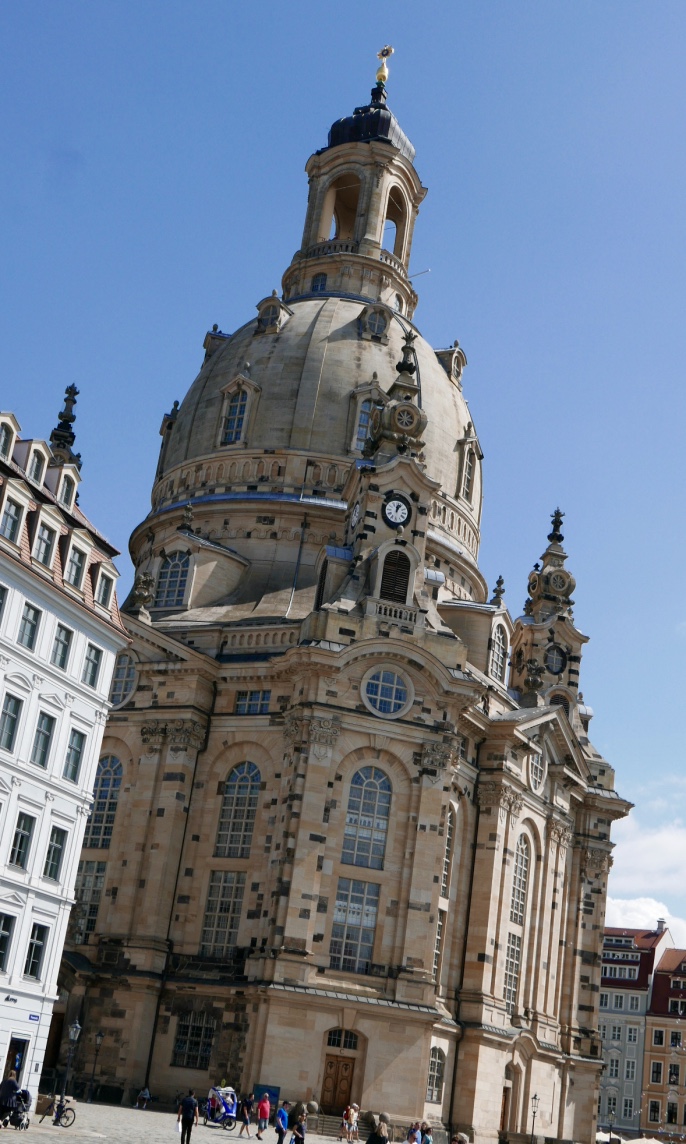
The Baroque City of Dresden should be on everyone’s itineraries. The Saxony Capital offers splendid historical architecture.
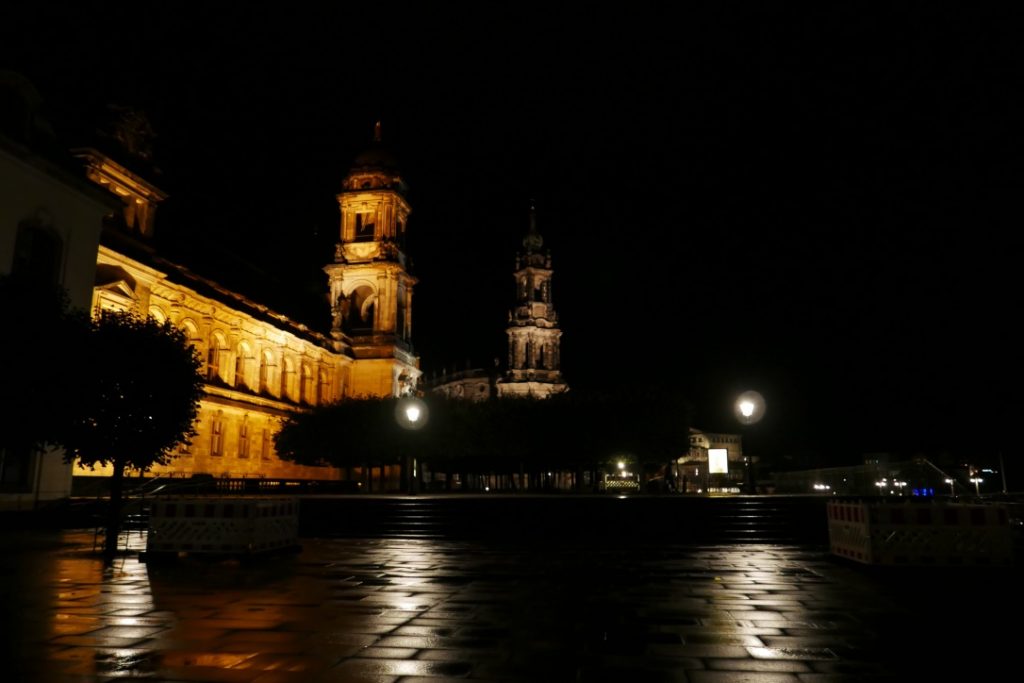
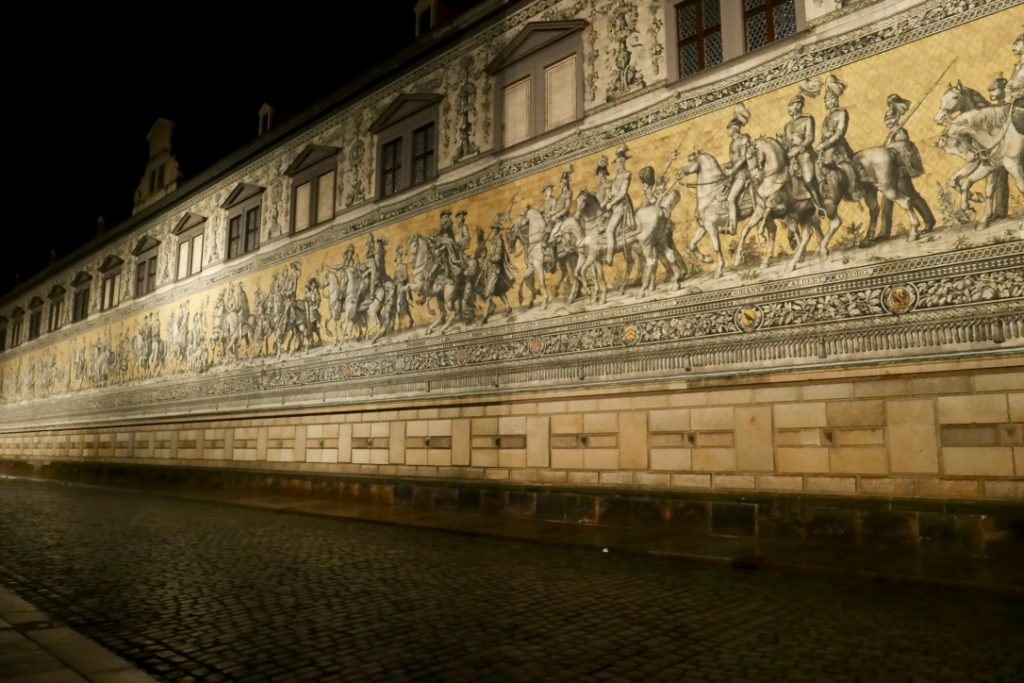
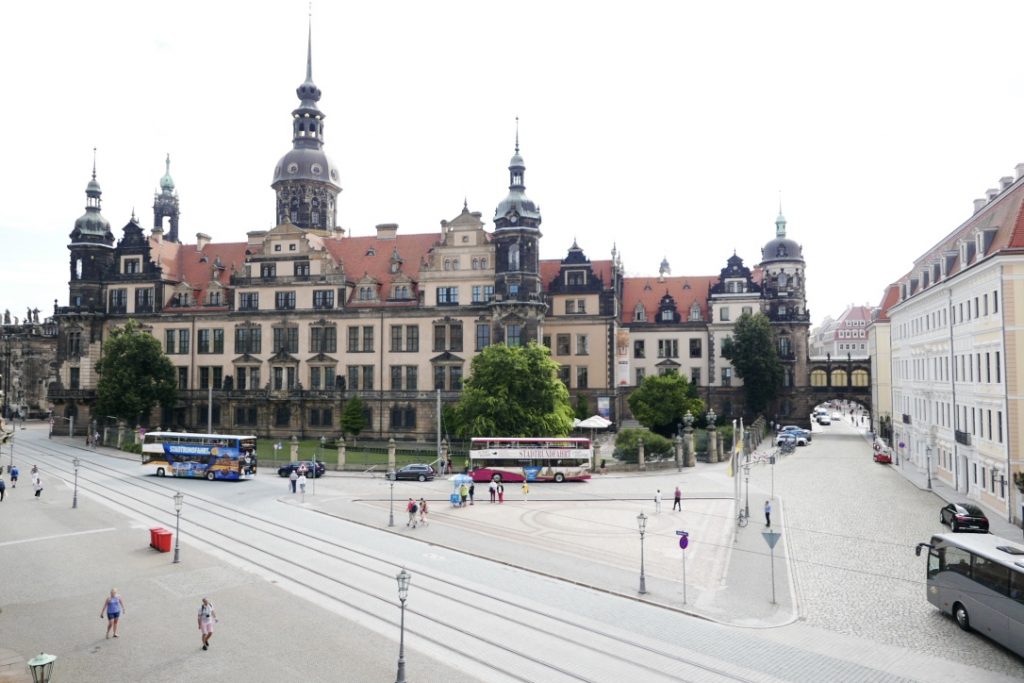
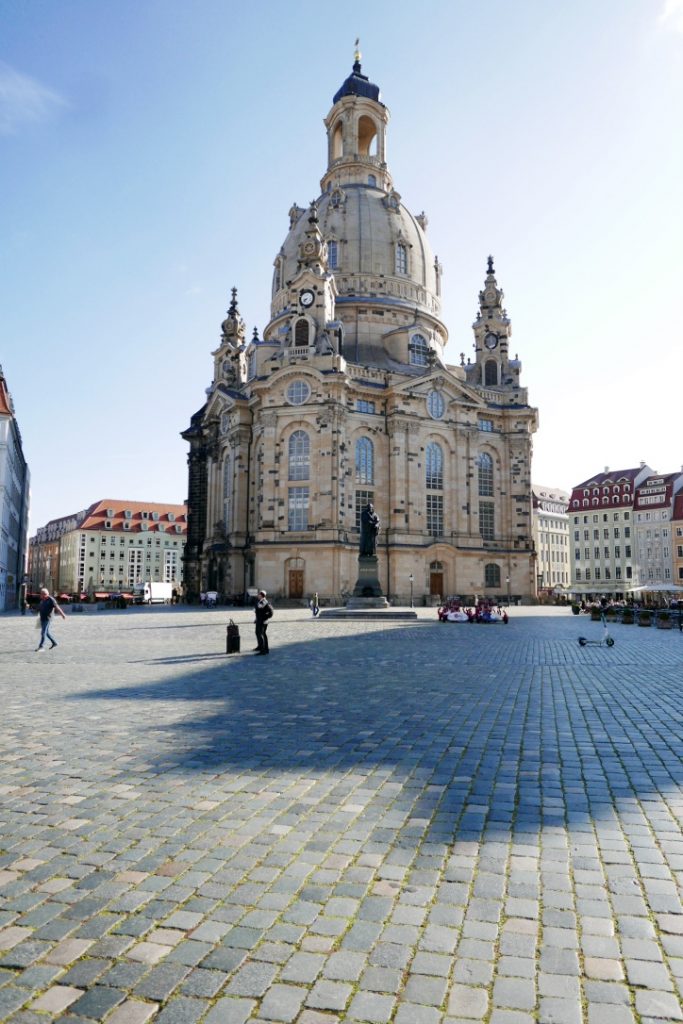
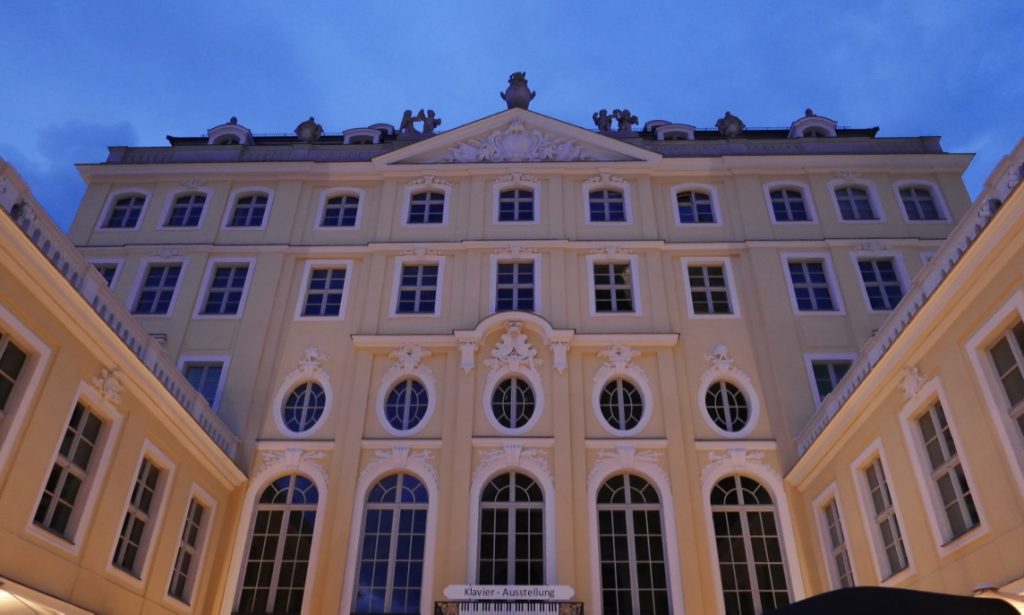

The Duomo of Siena in Siena Italy is a remarkable piece of 13th century religious architecture. The level of stunning details is a feast for the eyes at every turn.





